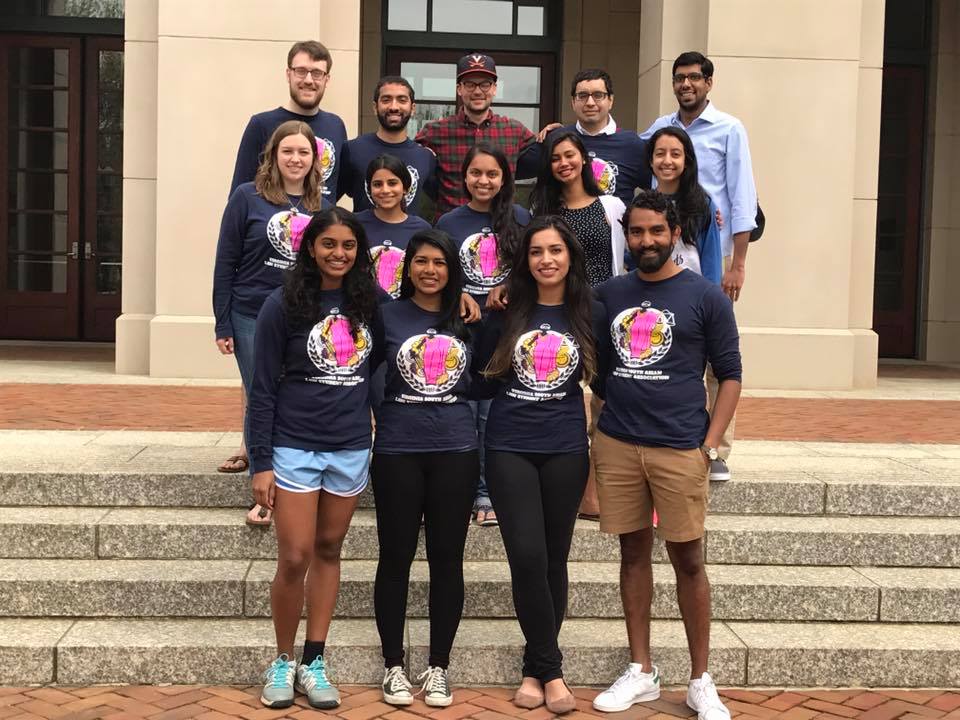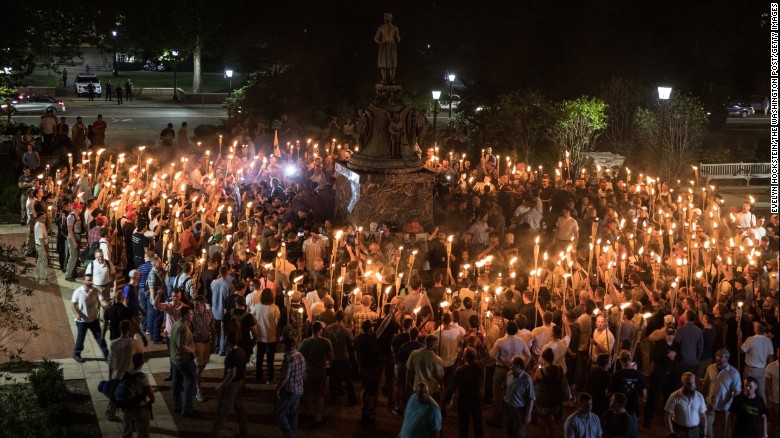The Law Weekly reached out to affinity group leaders to write for us in a feature we are calling “Spotlight.” Our goal is to give leaders a regular platform to start conversations about issues they are facing, to reflect on the events of August 11th and 12th, and to educate the UVa Law community about their diverse experiences so that we can become better allies to our fellow classmates. If you or your organization would like to be featured, please reach out to us at editor@lawweekly.org.
Elyse Moy '18
(she/her/hers)
President of Women of Color
The term “women of color” is often defined in the negative to describe all women who are not “white.” But this definition, despite its seeming broadness, is inadequate. It does not capture those who are white-passing but do not identify as such. And trying to define this term in the positive raises even more challenges. In the discourse of race, gender, and ethnicity, “women of color” carries several different definitions. For some, only certain Asians are included in this umbrella category. Meanwhile, the U.S. Census Bureau considers “Hispanic” an ethnicity, not a race. In each of these cases, these distinctions are imposed upon individuals. They are based upon an outsider’s perception of identity, ignoring the lived experiences of those who are so labeled. For those who do not fit within the white-black, male-female binaries, and for those whose identity is not readily apparent, such mislabeling can have detrimental effects on one’s self-perception and on establishing truly intersectional solidarity.
Photo courtesy of Women of Color.
Intersectionality is a similarly important concept that is hard to define. In short, intersectionality recognizes that people hold multiple identities. It recognizes that one cannot examine gender in a vacuum—one must also account for aspects such as race, ethnicity, sexual orientation, socio-economic status, and much more. It also draws attention to how detrimental monolithic perceptions of identity can be. Our laws and discourse often only address one aspect of identity, while overlooking the overlapping of identities. In doing so, we fail to properly address the reality of discrimination, which operates across gender, racial, and class lines, and with disproportionate force. This oversight allows systemic injustice and inequality to persist.
One way in which we hope to dismantle systemic injustice is through solidarity. Too often, the burdens of oppression and the responsibility for education falls on the shoulders of Black and Brown America. It is time for allies—male, female, and gender nonbinary; white allies and allies of color—to step up in solidarity. Women of Color seeks to provide one such platform for diverse students of UVa Law to come together and speak out against inequality; however, we should also recognize that solidarity does not necessarily ensure unanimity. Sharing one or even several aspects of our identity does not mean that we share the same experiences, the same values, or the same goals. Intersectionality is one tool to highlight and celebrate the differences among us in a productive manner, and solidarity requires constant negotiation of these differences.
In these ways, the intersectionality of our organization is both our challenge and our strength. Again, it is difficult to define exactly what Women of Color is because of our diversity of identities and values. But it is also our strength because we represent a multitude of viewpoints and thus can highlight many different issues.
When Women of Color was revived two years ago by Dana Wallace, she was not sure if there would be enough interest in the organization to keep it going, but her hope for the organization was that it could be as vibrant and strong as it once was. She envisioned creating a supportive space in which women of color could express themselves. She sought to connect students to the resources they needed to do so. After Wallace graduated, we passed the helm to Jasmine Esmailbegui, and continued to work towards achieving that goal. Today, Women of Color is composed of approximately 100 women and men of various backgrounds and races.
As a relatively new organization, Women of Color has focused on growth, visibility, and accessibility. Women of Color tries to plan and get involved in as many events and projects as possible, so that people know a supportive community exists at the Law School and that there is an outlet where people can highlight issues important to them. Women of Color has worked to promote the equality of all women by highlighting the unique struggles faced by women of color. To do so, we have hosted guest speakers who discussed how our criminal justice system and public health systems disproportionately underserve women of color. We hosted law firms and public interest lawyers who could speak to the specific experiences women of color face in the workplace; and we hosted several social events for our members to meet each other and other affinity groups. For example, after 9/11, Women of Color held a discussion series that sought to educate the public about Muslim communities and dispel harmful misunderstandings. And just last year, we hosted a panel that examined the struggles women of color faced in prison and reentry.
Our Constitution holds that the purpose of Women of Color is:
[t]o provide support to the diverse population of women at the law school; to promote the welfare of its members through educational, professional, cultural, and social programs; and to provide a forum for the discussion of issues affecting women of color in the law school and the University community as a whole.
As evidenced by this broad language, Women of Color aims to be an inclusive organization. Regardless of your true pronoun or gender identity, we encourage all those who support the goals and values of Women of Color to join. I am hesitant to further define “Women of Color” and thus unilaterally impose an identity upon our organization. Instead, recognizing that identity is an intensely personal inquiry, I hope to empower students to reclaim it for themselves. I reiterate that Women of Color exists primarily to unite and to serve the students at UVa Law. We hope to amplify the voices of our members and to provide a community through which students can express themselves. And we hope to provide a space through which students questioning their identities and their role in activism can explore how they can better serve their communities. As the students and society changes, so too I hope Women of Color will evolve to address their needs.
---
eam8cf@virginia.edu






